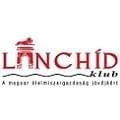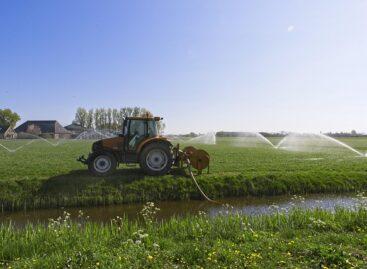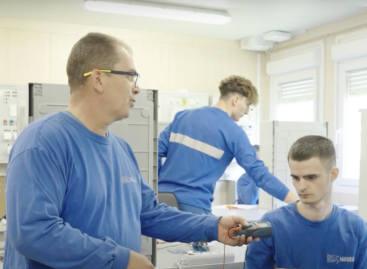Regenerative farming: much more than a sustainability issue
Exploitative farming practices deplete natural resources, for instance food systems are responsible for more than third of greenhouse gas emissions. One of the solutions to these problems can be farming that involves soil regeneration: by the rehabilitation of soil, its water retaining and carbon capturing capacity increases, at the same time soil erosion and carbon emission from farming reduce, and biological diversity and water quality improve.


Guest writer:
Péter Noszek
managing director
Nestlé Hungária
This is the direction in which Nestlé is going, so the world’s biggest food company has started its regenerative farming initiative in Hungary too. The goal is to establish solutions and methods that contribute to the renewal of the planet’s natural resources and the creation of more sustainable food systems, at the same time helping farmers and increasing the competitiveness of Hungarian agriculture.
The initiative is based on the Landscape Enterprise Networks (LENs) programme, which is already running in the United Kingdom. Its first regional version debuted in Hungary’s Western Transdanubia region, courtesy of pet food company Nestlé Purina. In the first phase LENs invest more than EUR 200,000 in regenerative farming solutions, on 2,000ha of land. Nestlé is so devoted to this cause, that it will source 20% of key product ingredients from regenerative farming by 2025, and this proportion will increase to 50% by 2030. //
Related news
The country’s water retention capacity will improve significantly
Thanks to the currently ongoing and planned developments, instead of…
Read more >Climatic taste crisis: is gin’s distinctive flavor in danger?
Juniper berries, which determine the taste of gin, are also…
Read more >The first students participating in dual vocational training at Nestlé Hungária’s training center in Szerencs have successfully graduated.
This year, the first students in Szerencs graduated from Nestlé…
Read more >Related news
(HU) Dr. Némedi Erzsébet: A boldogság a bélben lakik
Sorry, this entry is only available in HU.
Read more >






